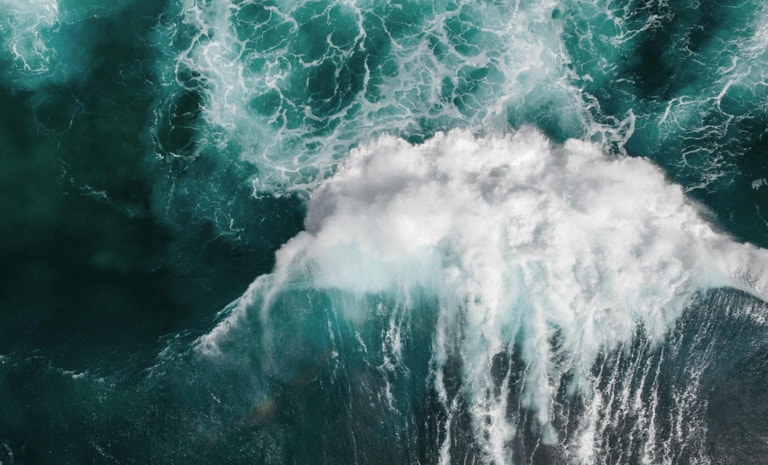Guiding objectives
The overall aim – as included in our vision and business model – is to run a sustainable company with the smallest possible environmental impact. We have established objectives and indicators for many of our key sustainability areas which will help us reach this overall aim, e.g. within the areas of safety, emissions, energy consumption and passenger satisfaction. We also often have targets for policies regarding sustainable development. These targets are assessed on a yearly basis and detailed in the sustainability report.
In autumn 2018, we made the decision to link our sustainability work to the UN’s global Sustainable Development Goals. Of the 17 goals, seven have been selected as being definitive for ForSea as a company and which cover the areas in which we can contribute the most. These global goals are to become part of our strategic agenda and, long-term, to be fully integrated into our sustainability work. The goals which were selected are as follows: 3: Good health and well-being, 9: Sustainable industry, innovation and infrastructure, 10: Reduced inequalities, 11: Sustainable cities and communities, 12: Responsible consumption and production, 13: Climate action and 14: Life below water.
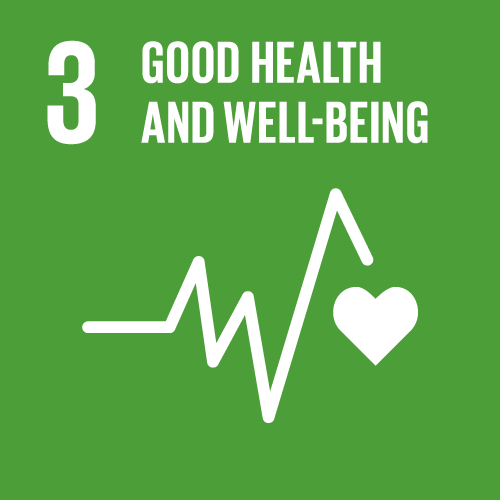
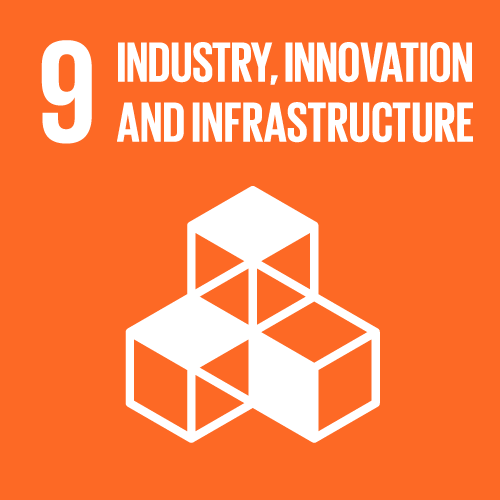
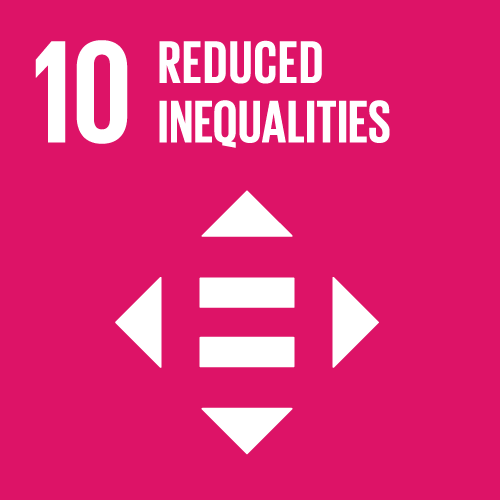
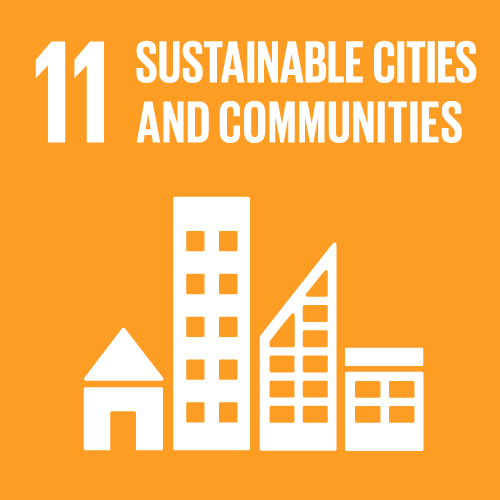
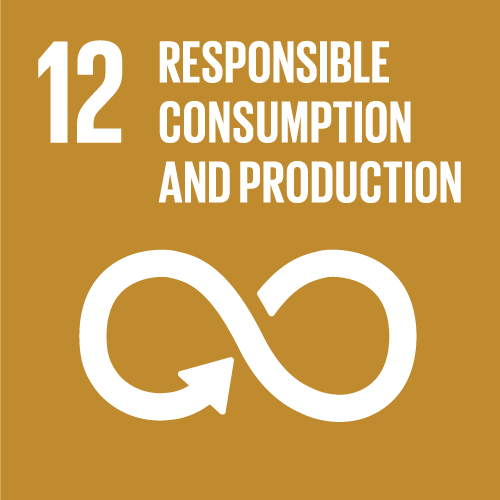
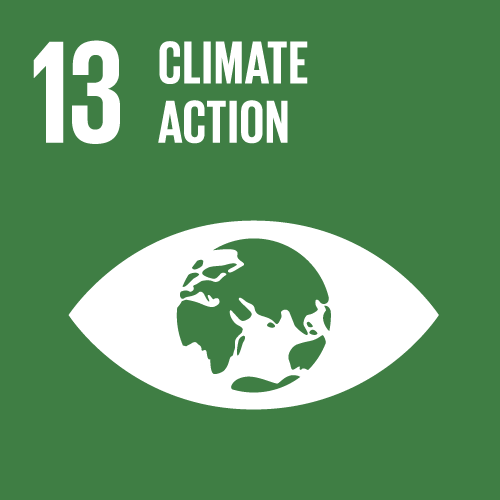
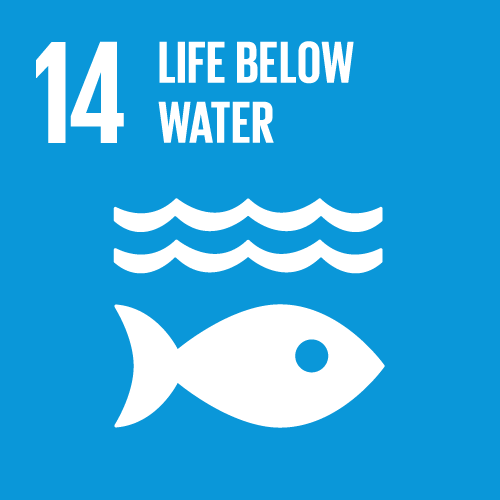
Monitoring of these goals will commence in 2019.
